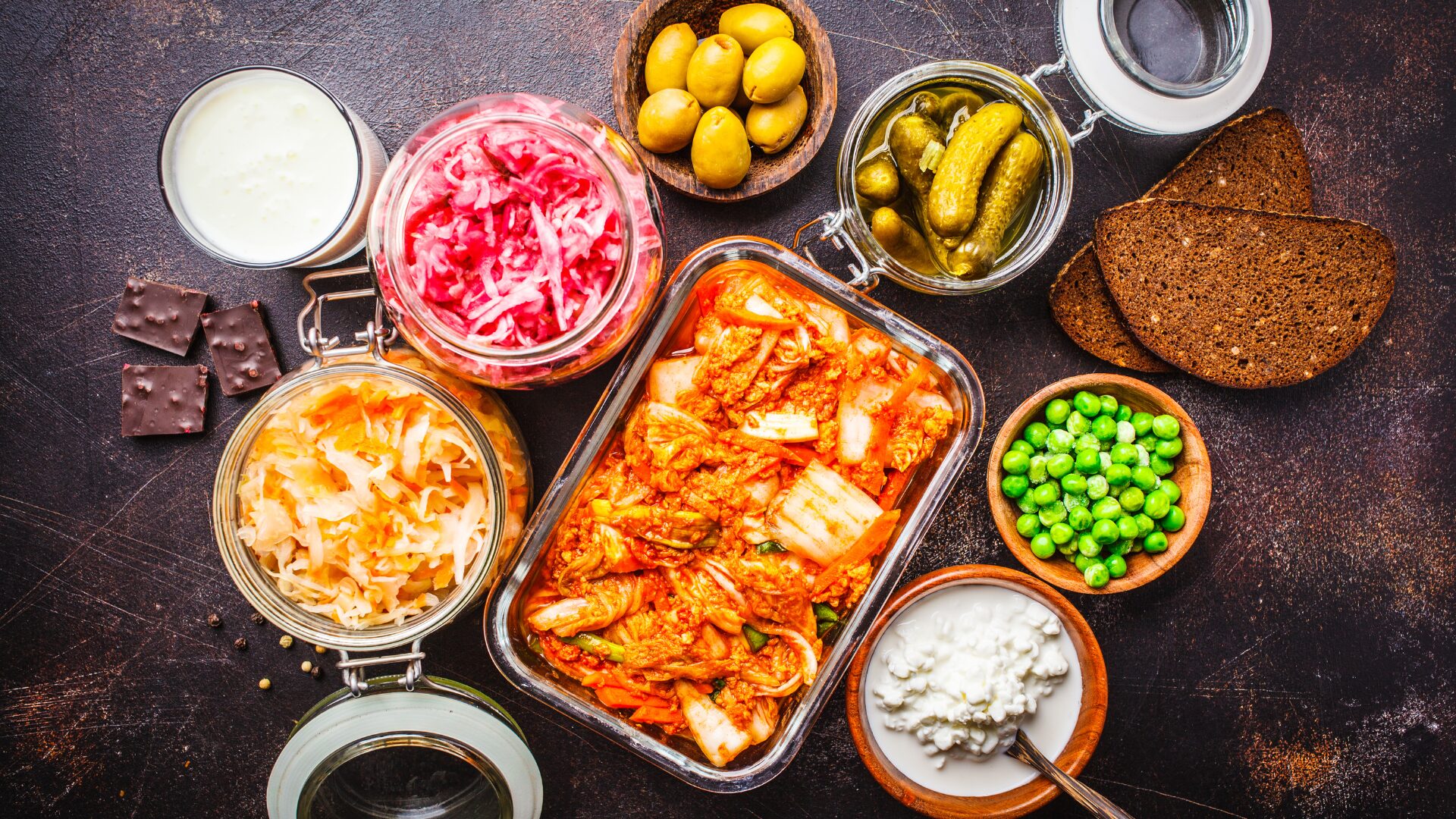A staggering one in 10 Americans have diabetes, according to the Centers for Disease Control and Prevention. And, considering the amount of people affected by that endocrine disease (which is characterized by high blood sugar levels) the idea of a diet that has the possibility to reverse it sounds like a dream.
A new diet, called the “soup and shake diet,” claims to do just that.
However, the diet – which has made headlines in the U.K. of late – certainly isn’t for everyone, considering it encourages a very low caloric intake. According to a report by The Daily Mail, the soup and shake diet consists of eating 800 calories per day through meal-replacement drinks and soups for up to five months.
Findings have shown that following the soup and shake diet can, in some cases, put people with diabetes into remission. The article cited a study in which 149 volunteers with type 2 diabetes followed the diet and found that 36% of the participants were free of diabetes two years later.
The findings are no doubt encouraging, but many believe that the soup and shake diet isn’t a viable option for most people and can also send an unhealthy message.
Jesse Feder, a personal trainer and registered dietician, said that although the diet can promote weight loss and improve blood glucose levels, it’s less than ideal.
“As a dietitian I do not believe it’s good to make drastic diet changes,” Feder says. “It creates unhealthy eating habits and often can lead to a rebound effect where you gain even more weight back. Additionally, having a very low calorie diet can put you at risk for several nutrient deficiencies.”
Blanca Garcia, a registered dietician nutritionist and the nutrition specialist healthcanal.com, said the diet is misguided in some respects.
“Taking soups and shakes at such low amounts of calories can place the individual in an imbalance of energy and a lack of natural components found in fruits, vegetables, and legumes,” Garcia said.
“Not only that, fiber intake can be severely reduced, an important nutrient for blood sugar balance, hardening of stools, and balanced digestion.”
Garcia added that there are some positives of the plan over the long term. However, initially it can be negative with the dieter running the risk of falling back into old unhealthy eating habits.












